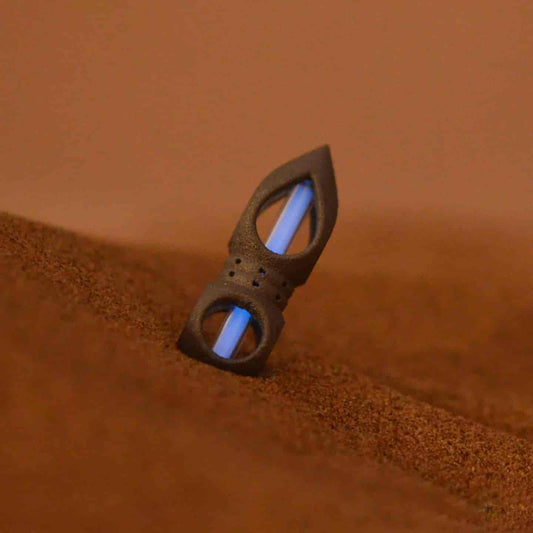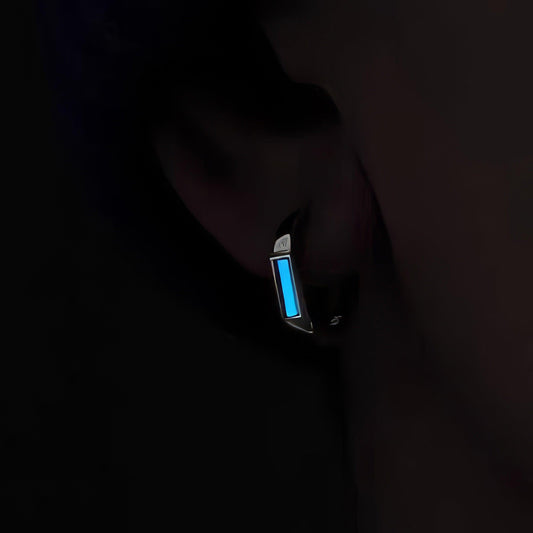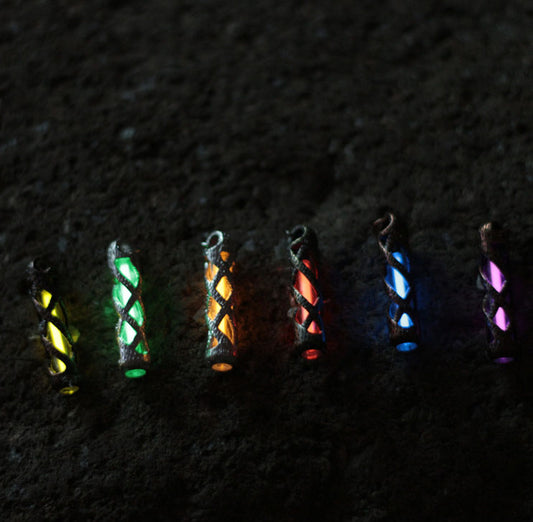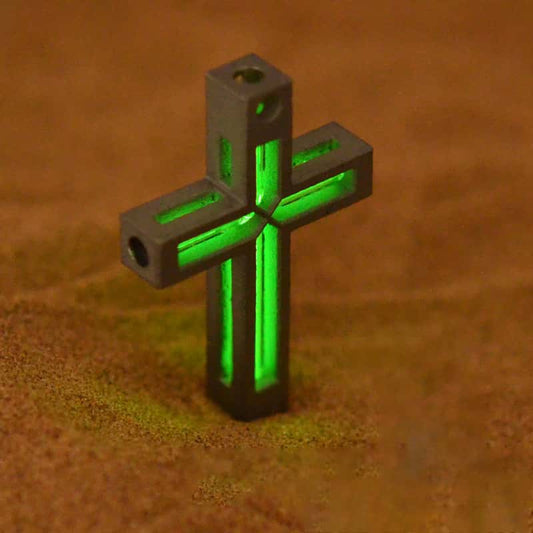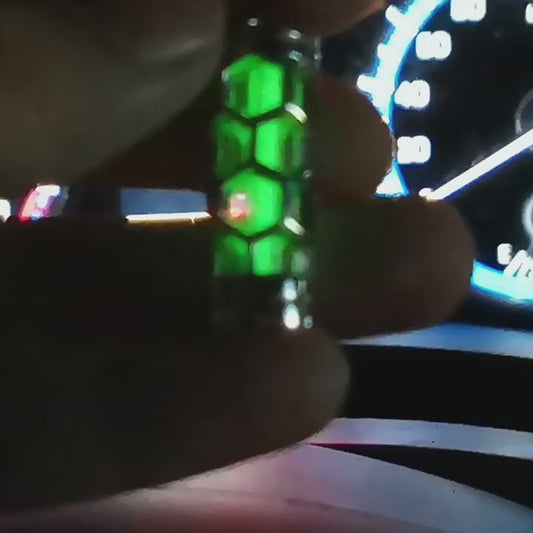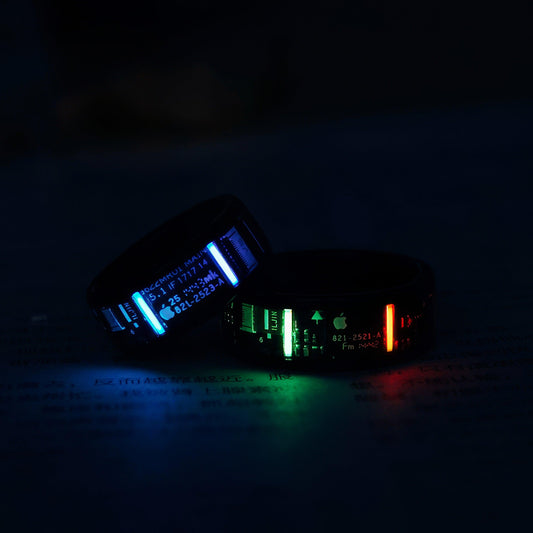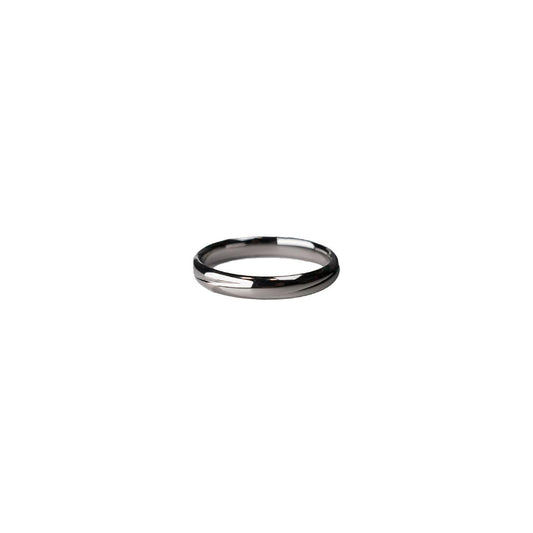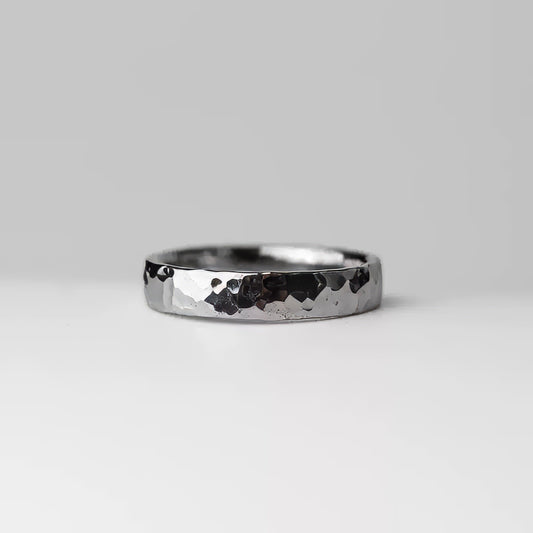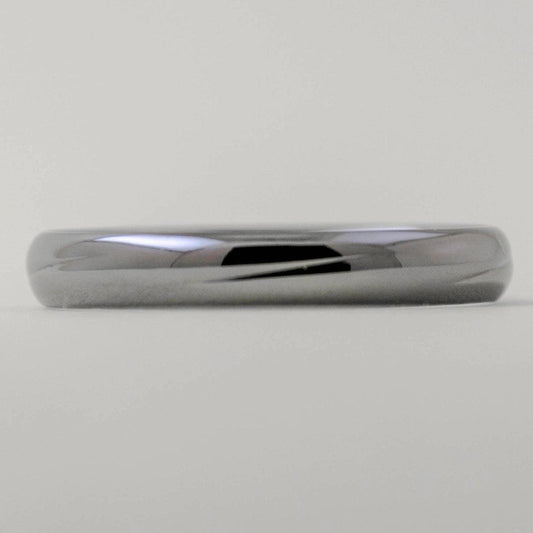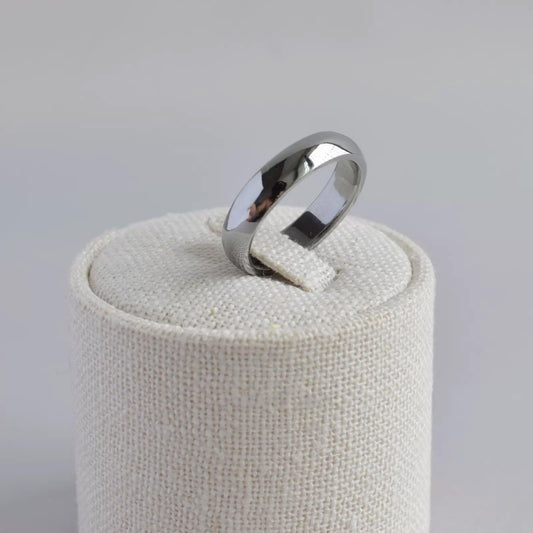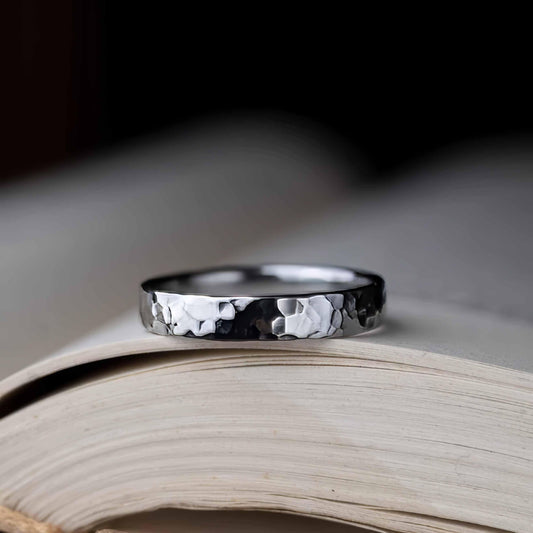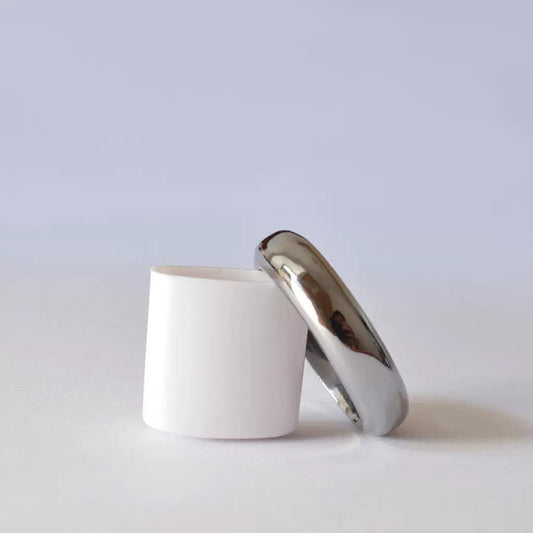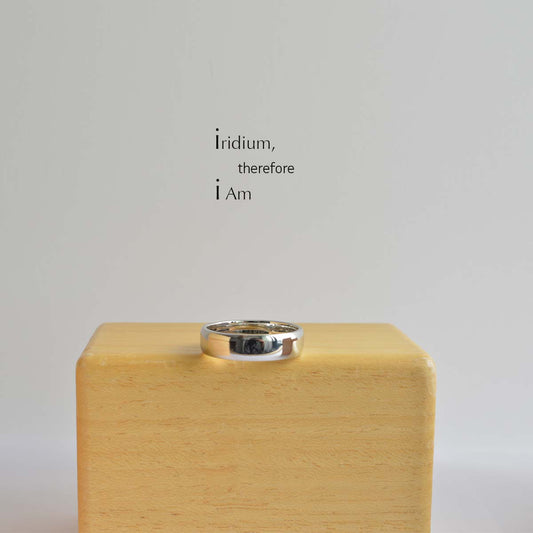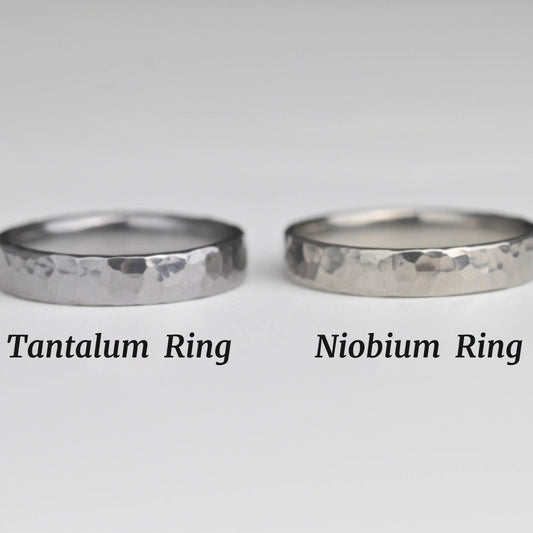Understanding the Complex Charm of the Mohs Scale
Understanding the Complex Charm of the Mohs Scale
The Mohs scale finds itself at the curious intersection of science and everyday experience. If you'd asked me a year ago what exactly the Mohs scale was, I might have told you it was some obscure geological term I'd heard in passing during an old college class. But fate has a strange way of circling back on you, as it did when I decided to renovate my kitchen countertops.
In the world of geology, the Mohs scale is a practical metric that ranks minerals by their ability to resist scratching. Devised by Friedrich Mohs, a German mineralogist, in 1812, it runs from the soft talc at a mere 1, up to the indomitable diamond, holding its ground at 10. This scale has surprising relevance beyond the dusty confines of a textbook. Minerals find their way into our living spaces, sometimes in the most fashionable forms. Take quartz, for instance—a stellar 7 on the Mohs scale—which has recently soared in popularity as a stylish, durable choice for kitchen countertops.
During my countertop adventure, I learned that choosing a material involves more than just picking whatever suits the eye. It's a balance between aesthetics, functionality, and the subtle science of hardness. I was under the impression that granite would be the best for my bustling kitchen—hard, resilient, and undeniably handsome. But as I stood in the showroom, I found myself charmed by a slab of soapstone, which interestingly scores a softer 2.5 to 5. I marveled at its silky texture and the way it lends a warm, inviting touch. Its vulnerability to scratches seemed less a flaw and more a testament to its willingness to morph and adapt over time, like any good story.
On a more playful note, the Mohs scale can also dictate some mundane yet crucial decisions: like choosing the right kind of wedding ring. Ever wondered why diamond reigns supreme in this arena? It's not just about sparkle—it's about longevity, the promise that this stone will endure not only through the tumults of life but also the test of kitchen chores, gardening days, and DIY project mishaps. Knowing that diamond sits at the pinnacle of the scale, you gain a little comfort, even a smirk, when so-called “life-proof” claims are thrown your way.
What fascinates me most is how this simple ranking has woven itself into the fabric of our daily lives. Each time I run my hand across my soapstone counters, absorbing the cool, smooth surface, I'm reminded of the stories these stones carry, how they echo the geological journeys carved in time. The Mohs scale may be a basic scientific tool, but it tells the tale of resilience, choice, and an ongoing conversation between human ambition and natural beauty. It's a reminder that stuff is scratchable, sure, but isn't that what makes it all the more relatable?
